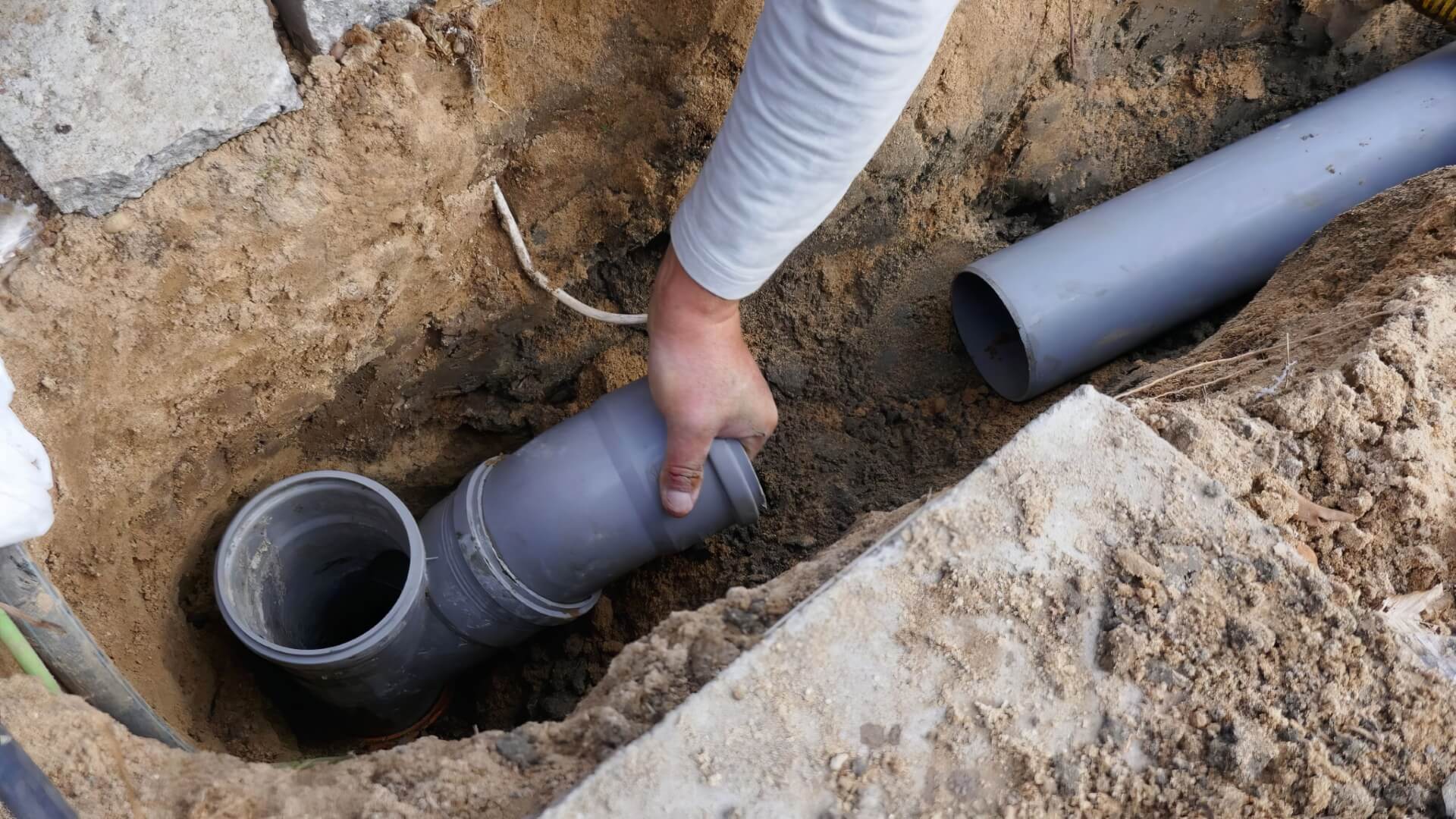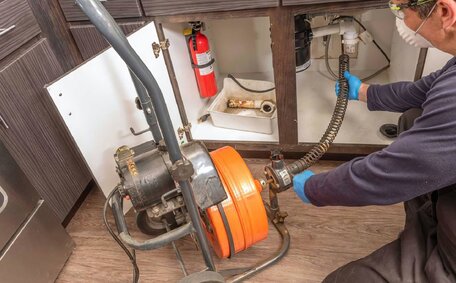Is it feasible to relocate my existing hot water system?
Relocating a water heater requires weighing various considerations like home renovations, energy efficiency, and safety, potentially leading to changes in your central heating system’s location.
Verify that the new site has sufficient space and utility access for the hot water system, taking into account gas, electricity, and potential new water supply and plumbing needs.
Evaluate if integrating the storage tank and piping at the new spot fits your budget.
Investigate how moving your water heater complies with area-specific building codes, which may affect costs. There may be extra venting, seismic strapping, or energy efficiency rules to satisfy. Assessing the age and condition of your hot water tank is vital - deciding if an updated, more effective unit aligns better with your family’s needs is crucial.
In summary, hot water system relocation is possible in many homes but requires careful planning around layout, connections, building codes and costs. Consulting with a plumber early on can help you make informed decisions about your hot water system relocation, keeping safety as a priority.
Assessing my current hot water system
Before attempting to relocate water systems inside the house, it’s imperative to conduct an exhaustive review of their present condition. Consider your water heater’s age, make, and model to ensure it meets current energy efficiency standards. Determine if your system operates during off-peak times for gas, electricity, or solar power and if this can be effectively transitioned to the new setting.
Examine the physical condition of the tank. Your heater new to the system may demand minimal upkeep, whereas an older model could accumulate considerable mineral residue over time. Examine related components such as piping, including the cold water inlet, pressure relief valve mechanisms, and thermal insulation for the old unit. Examine the physical condition of the tank.
Verify functionality by observing recovery time, checking thermostat accuracy and water pressure. Subpar functioning, like tardy hot water pressure increment or slow cold water heating, can cause concerns, indicating issues that may increase your maintenance workload before a system relocation.
Tankless water heaters should be checked for flow rate and compliance with building codes, as functioning cold water tanks may not adapt to new configurations.
In summary, Consider the age, condition, and energy efficiency of your water heater when planning relocation. This evaluation provides clarity on the question 'can I move my water heater’ or if it is more sensible to consider upgrading to a new hot water system for enhanced efficiency.
Checking energy sources and costs at the new location
When relocating a hot water system, assess potential energy sources at the new location. Can you manage moving hot water effectively using your heater, especially when it involves a heater gas-fuelled, electric, or solar-powered? Check for access to gas electric connections like powerpoints, gas lines or areas suitable for solar panels.
Compare operating expenses across energy sources, accounting for possible reduced costs with electric heat pumps due to area-specific government rebates.
Consider whether hot water cylinder type changes make sense too. The question arises whether these water heaters, notably tankless models, might be a more suitable choice for the updated space? Although installing these water heaters could prove cost-effective, their flow rates necessitate meticulous scrutiny to adhere to building regulations.
In summary, check compatibility with energy infrastructure and crunch the numbers on long term costs when relocating a system. Weigh up shifting to more efficient models. Consult with licensed professionals to get tailored recommendations that ensure safety, optimal performance, and adherence to your budget.
Understanding regulations for moving gas or electric systems
When planning to relocate a gas or electric hot water system, it’s crucial to comprehend local regulations governing such moves. Adhering to Australian Standards for plumbing and gas fitting is mandatory for safety reasons.
Specifically, grasp regulation specifics concerning venting, fluing, and the control of emissions for water heater gas systems. Effective flue sealing and ventilation are essential in protecting your family from the perils of carbon monoxide buildup. Your water heater should have its existing wiring undergo a thorough inspection or potentially require new cables to conform to household electrical regulations.
Obtaining council clearances for relocating gas water heater systems, perhaps to the laundry room, is a way can lower compliance hazards if relocating to another location. Even relocating the tank inside house confines risks breaching rules, just as with altering any other natural gas conduits. Employing certified professionals guarantees that work meets stringent standards, particularly when you’re adjusting to a new system configuration.
In summary, homeowners looking to reposition hot water units must research local building codes and employ accredited tradespeople. Our team provides expert guidance navigating technical aspects like venting and electrical faults to guarantee personal and property safety post-relocation.
Hiring qualified technicians to assist with safe relocation
Consider enlisting accredited tradespeople for your water heater move, ensuring safety and regulatory compliance to avoid potential issues. Do I need a professional? Indeed, our skilled plumber at Drummoyne Plumbing can oversee the seamless relocation of your hot water system.
From initial consultations to assess your existing system, through to dismantling, moving and expert reinstallation in the new location, we follow stringent industry standards. Such diligence ensures adherence to local regulations and manufacturing standards, saving you time and expense.
Entrusting your moving hot water unit repositioning to qualified experts can also preserve warranty protections that might be void through DIY attempts. We take care of everything including cleanouts, connections, testing and relevant approvals.
Relocating your hot water system is rarely a straightforward exercise. Having seasoned professionals manage the nuances around venting, fluing, cabling and building codes guarantees your new water heater is well taken care of. Reach out to our team at Drummoyne Plumbing for direct guidance and clear installation cost estimates.
Following proper procedures for drainage, transport, and reconnection
Technicians follow stringent procedures for safe drainage, transport, and reconnection when moving a hot water system.
They will shut off the main supply and employ truck-mounted draining gear to pump out water, preventing spillage. The unit and pipes are carefully disassembled and loaded, ensuring all hot water channels work perfectly, even in a header tank loft setting. Specialists confirm the heater and its parts preserve their integrity, ensuring the tank into each component are securely transported in an upright position to avoid any shifts that can damage the unit.
At the new site, thorough preparation precedes the careful unloading and establishment of connections. After re-securing to walls and re-piping, technicians ensure your water heater new connections align properly, connect the water tank loft, backfill systems with water and thoroughly test for leaks or issues before commissioning. All hot water can be managed and the wastewater gets safely disposed of too.
Make sure you are adhering to structured disconnection, transportation, and reassembly procedures to minimise risks when you move hot water system. At Drummoyne Plumbing, we move your hot water system and take care of the heavy lifting so you have hot water working seamlessly again in its new home.
Ensuring continued energy efficiency and functionality after moving
Relocating your system is an opportunity to enhance energy efficiency. Upgrading an older solar hot water heater could significantly reduce energy costs.
Enhancing your heating system’s efficiency, possibly with a Rheem hot water system, could lead to significant savings through improved insulation and temperature control.
Evaluate the suitability of the new room for your water heater in relation to the available energy options. Solar power is a great option for many, but note that heat pumps may not work as efficiently in all locations. The robustness of an instantaneous gas hot water system is also an attractive feature.
After relocation, servicing and maintaining your hot water system is vital for efficient operation and longevity. Simple steps like annual flushing remove any mineral build-up, improving performance, reducing water usage, and maintaining heating elements.
By choosing technology that utilises energy more efficiently and maintaining it regularly, you can achieve lower energy costs and reliable hot water provision over time.
Why professional assessments are vital for hot water system relocations
Qualified plumbers are essential for assessing your hot water system’s safety and compliance pre and post-relocation.
Pre-relocation checks must ascertain the age, state, and operability of your hot water tank. Technicians check for leaks, corrosion, energy efficiency, and suitability for repositioning along the water lines. Technicians can gauge and confirm that your plumbing and electrical connections are fit for the new site.
After moving, inspections ensure proper re-installation and commissioning of your hot water system. Plumbers confirm drains and vents are sealed, no leaks exist, and water heating performance meets expectations. They clarify for homeowners the enhanced maintenance requirements for tap sink fixtures, and the entire system as well.
Beyond technical factors, professional consultations determine insurance impacts regarding household coverage extensions for relocated systems. Value depreciation is another consideration for properties changing layouts.
Professional assessments before and after relocation mitigate safety risks, ensure compliance, and maintain optimal operation, informing you about insurance and property value implications. Partnering with your local qualified plumbers like Drummoyne Plumbing guarantees expert project management from start to finish.






